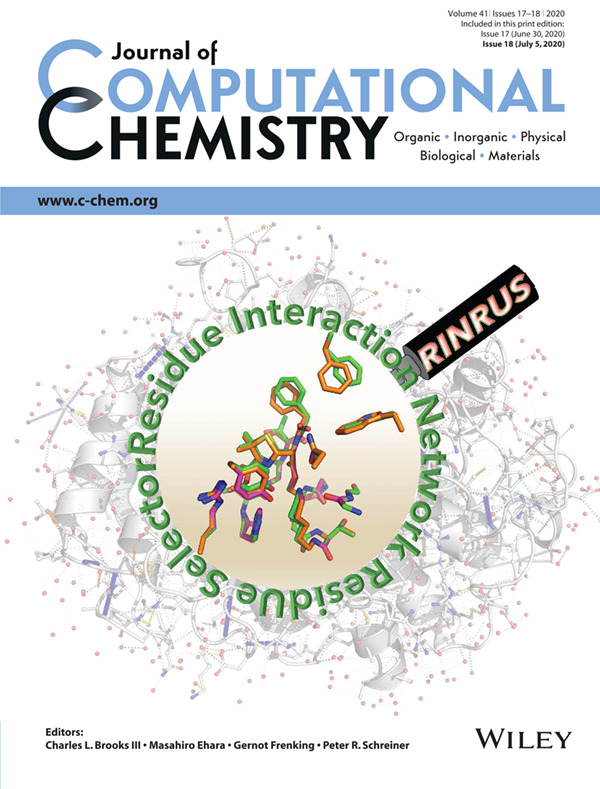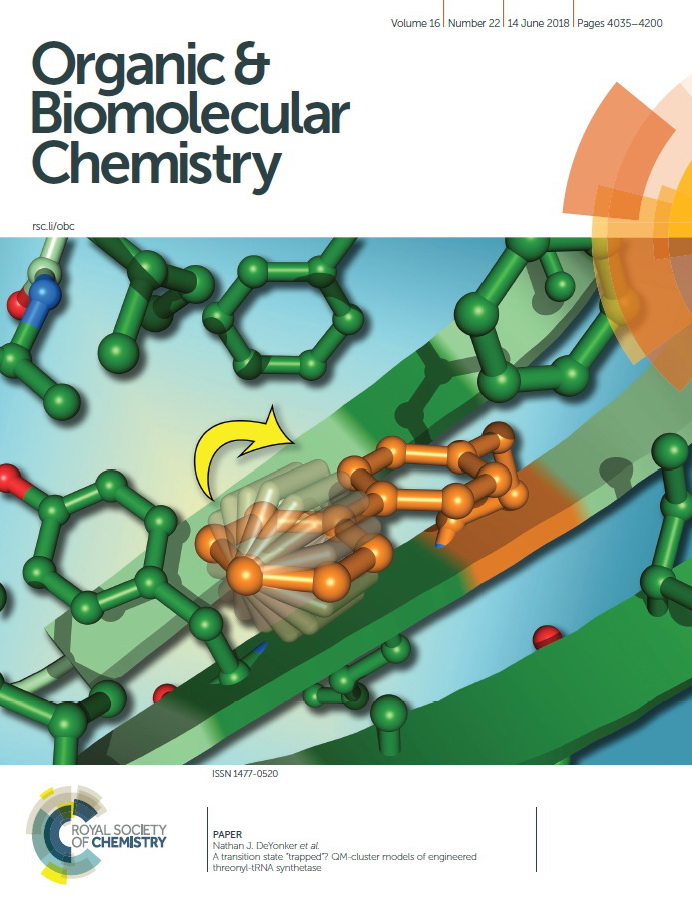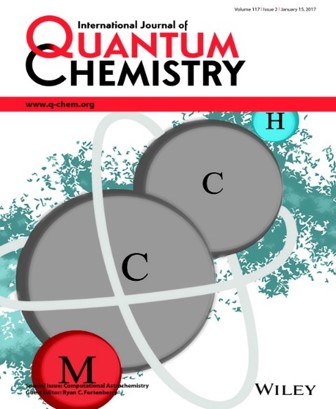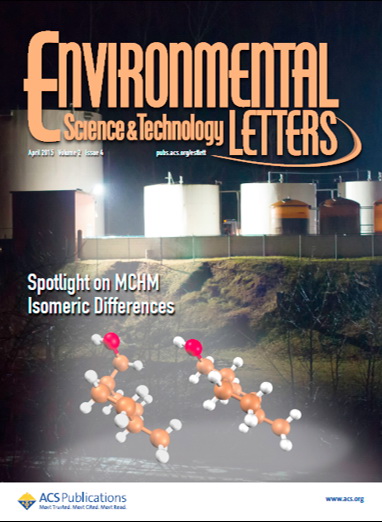Department of Chemistry
Nathan DeYonker Lab Research
Systematic Generation of Computational Enzyme Models
The DeYonker laboratory has utilized bioinformatics techniques in a quantum chemistry context to automate, simplify, standardize, and validate the construction of QM and ONIOM enzyme models, as well as to assist in the organization, visualization, calibration, and publication of data. The theoretical study of enzyme mechanisms at the atom-level can be performed using reproducible and rationally-designed models. Mechanistic hypotheses can, for the first time, be rigorously tested on a large scale with tens to tens of thousands of different protein models.


Computational Astrochemistry
New small inorganic molecules are rapidly being identified in the interstellar medium and in the radio spectra of carbon-rich stars. However, the terrestrial synthesis and characterization of this novel "library" of fragments, molecules, and binding motifs is not keeping up with data obtained via astronomical observation. The electronic structure of organic molecules and materials implicated in pre-biotic chemistry and origin-of-life reactions [for example, polyynes (HCnH), polyaromatic hydrocarbons, and phosphates] are a substantial focus of the computational chemistry community. However, the interactions of these materials with metals that hold a crucial role in biology (such as Group IA/IIA atoms, Mn, Fe, and Zn) have scarcely been investigated. The gas phase electronic structure of many of these molecules is difficult to unravel both experimentally and theoretically. For example, the ground state electronic configuration of iron monocyanide (FeCN), a molecule that has profound catalytic and astrobiological relevance, has been heavily debated for over fifteen years. The DeYonker lab explores the electronic structure of inorganic and organometallic molecules relevant to origin-of-life processes that can inform experiment and broaden theoretical understanding.

Organometallic Catalysis and Environmental Chemistry
The DeYonker laboratory uses quantum chemistry to examine thermodynamic properties and to propose mechanisms of complex inorganic and organometallic chemical reactions. Collaborations are in progress with Prof. Tim Brewster (University of Memphis), Prof. Kensha Clark (Ole Miss), and Dr. Ted Heilweil (NIST).

